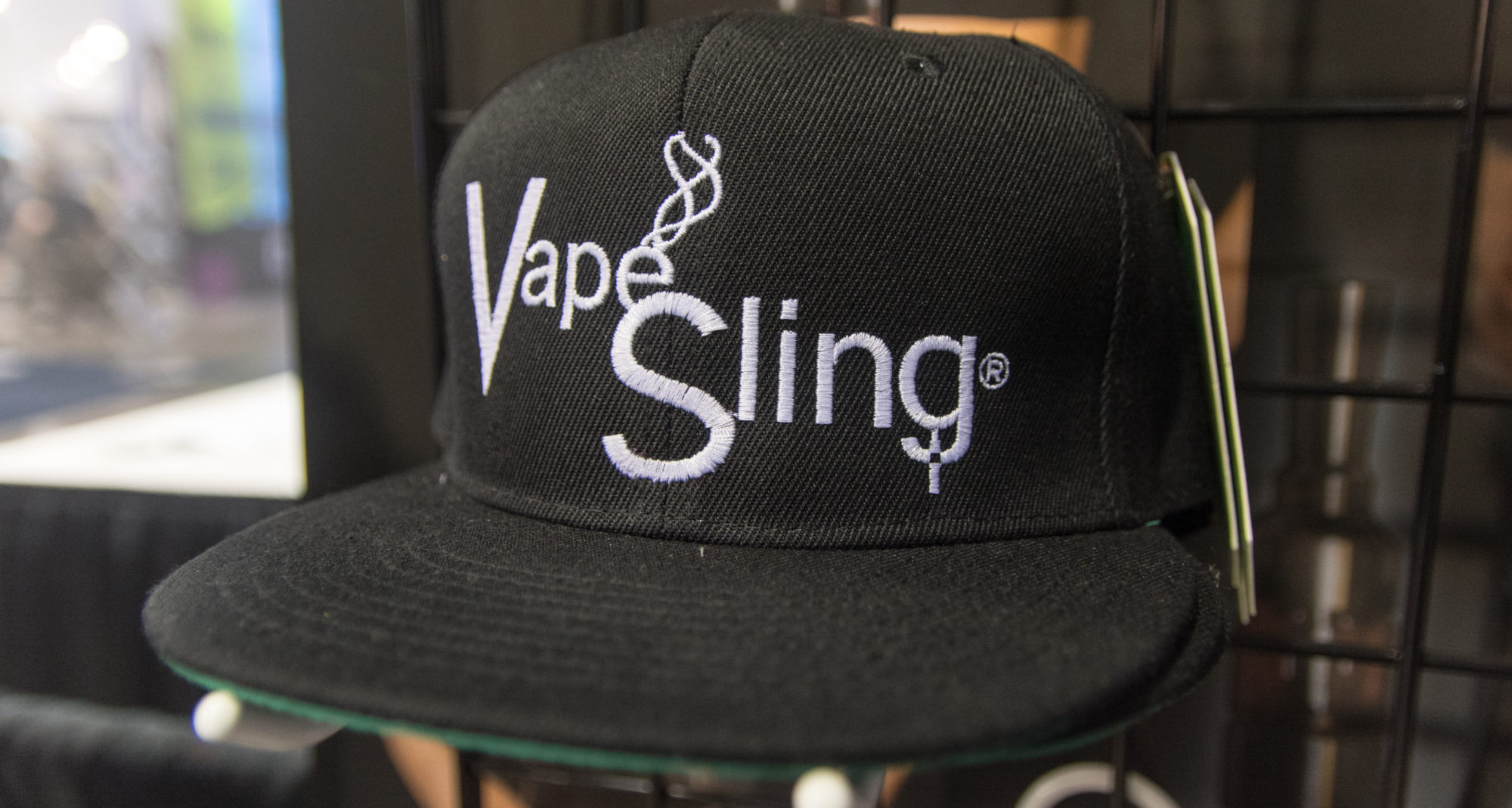Vape ecig FDA Regulation
Family Smoking Prevention and Tobacco Control Act
The Family Smoking Prevention and Tobacco Control Act (Tobacco Control Act) became law on June 22, 2009. It gives the Food and Drug Administration (FDA) the authority to regulate the manufacture, distribution, and marketing of tobacco products to protect public health.
FDA Deeming Regulation
The Family Smoking and Tobacco Control Act allows the FDA to issue regulations asserting jurisdiction over other tobacco products, such as cigars, cigarillos, e-cigarettes, and hookahs, among others. FDA expects to issue deeming regulation in the Spring of 2013 to cover other tobacco products.
Deeming regulation is proposed regulations that would include products meeting the definition of a “tobacco product” under the Tobacco Control Act to be subject to the FDA’s jurisdiction. The Tobacco Control Act defines a “tobacco product” as meaning “any product made or derived from tobacco that is intended for human consumption, including any component, part, or accessory of a tobacco product (except for raw materials other than tobacco used in manufacturing a component, part, or accessory of a tobacco product).”
See CASAA’s The FDA & Deeming Regulations of E-cigarettes for more detailed information.
See CASAA FDA Actions and Previous FDA Actions by CASAA for more detailed information about what CASAA has been doing and to see the FDA Calls to Action.
Federal Tobacco Taxes
Increasing the cost of smoke-free alternatives decreases incentives for smokers to switch to lower risk products. A 2009 law approved by Congress, the Children’s Health Insurance Program Reauthorization Act, increased the federal tax rate on moist snuff, the most common form of smokeless tobacco, by 92.5 cents per pound (from 58.5 cents to $1.51 per pound) and on chewing tobacco by 30.83 cents per pound (from 19.5 cents per pound to 50.33 cents.)

